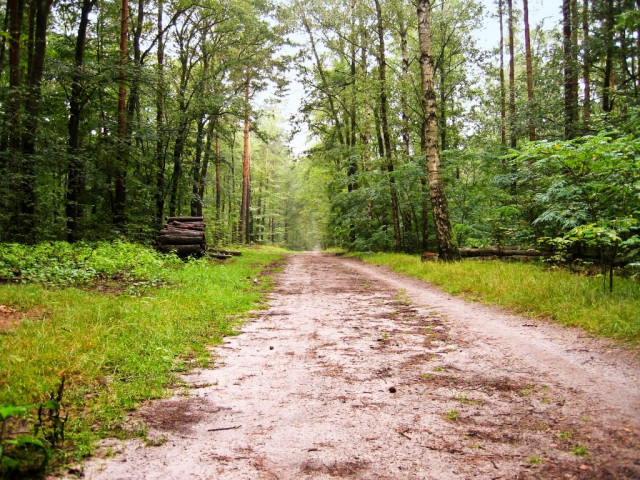Project launched to promote commercial forestry
SPFC CEO says besides benefiting environment, project is estimated to generate Rs20 billion during next 20 years

PHOTO FILE
The project, besides benefiting the environment, is estimated to generate Rs20 billion during the next 20 years.
SPFC CEO Tahir Rasheed briefed the media on Thursday about the company's initiative and highlighted developments in the forestry sector around the world. He said that the company has adopted a commercial forestry model that is being rolled out in Pakistan for the first time under the public-private-partnership.
Under the project, the government has provided abandoned forest land to the private and corporate sector for commercial forestry, which will benefit the environment and economy alike. The project had already received approvals from its board of directors and the Public Private Partnership (PPP) steering committee before it solicited proposals from investors for over 99,077 acres of land in Southern Punjab.
He said, "Due to the comprehensive bidding process, 348 bids were received which were opened by an independent Bids Opening and Evaluation Committee (BOEC) in the presence of bidders and the media. Out of 189 projects, the SPFC received bids on 124 projects, which was 61,749 acres out of the total 99,077 acres. Furthermore, the average produce sharing ratio received was 36 per cent which was double than what was set, for instance, 15 per cent."
Tackling climate change: Forest cover increased by 6.3% in four years
He said that he had received final approval from the cabinet committee of the government of Punjab, after which the concession agreements have been signed with investors. "A total of 43 concession agreements have been signed with investors so far and now the company is waiting for administrative department's (Punjab Forestry, Wildlife and Fisheries Department) green signal to direct its field formations to initiate the process of handing over of forest land to concessionaires, who have met all requirements.
Rasheed said that the model of commercial forestry can be replicated in urban centres as well in order to achieve the goal of resilient cities, which can help address the issues of smog, heat wave, and urban flooding.
He told media about socio-economic and environmental benefits of SPFC's initiative and highlighted that around 40 million trees will be planted under this programme in underprivileged districts of southern Punjab. It will help in sequestration of 35 million tons of carbon from the environment and will generate nearly 15,000 green jobs.
Out of total 40 million trees, Rasheed indicated the SPFC will conserve 25 per cent indigenous tree species during the project duration that will help increasing forest area of the province. As all these trees are planted by private sector investors mostly for commercial purposes so it will generate an economic activity of around Rs240 billion, while the government will get a revenue of Rs20 billion from the project. In addition, mitigation of climate change through massive carbon sequestration will improve the micro-climate of Punjab and also assist the government in achieving its commitments laid out under the United Nations Framework Convention on Climate Change (UNFCCC), United Nations Convention to Combat Desertification (UNCCD) and Agenda 2030 among others, he added.
The SPFC is a Punjab government's entity, established as a public-sector company, under section 42 of the Companies Act, 2017, in the province of Punjab. It aims to stimulate private sector investments alongside public money to reduce deforestation in Punjab and to combine forest conservation with sustainable economic development. The investment objective of the company is to encourage the investment in assets that can be established and managed on an environmentally and socially sustainable basis.
Published in The Express Tribune, June 29th, 2018.



















COMMENTS
Comments are moderated and generally will be posted if they are on-topic and not abusive.
For more information, please see our Comments FAQ